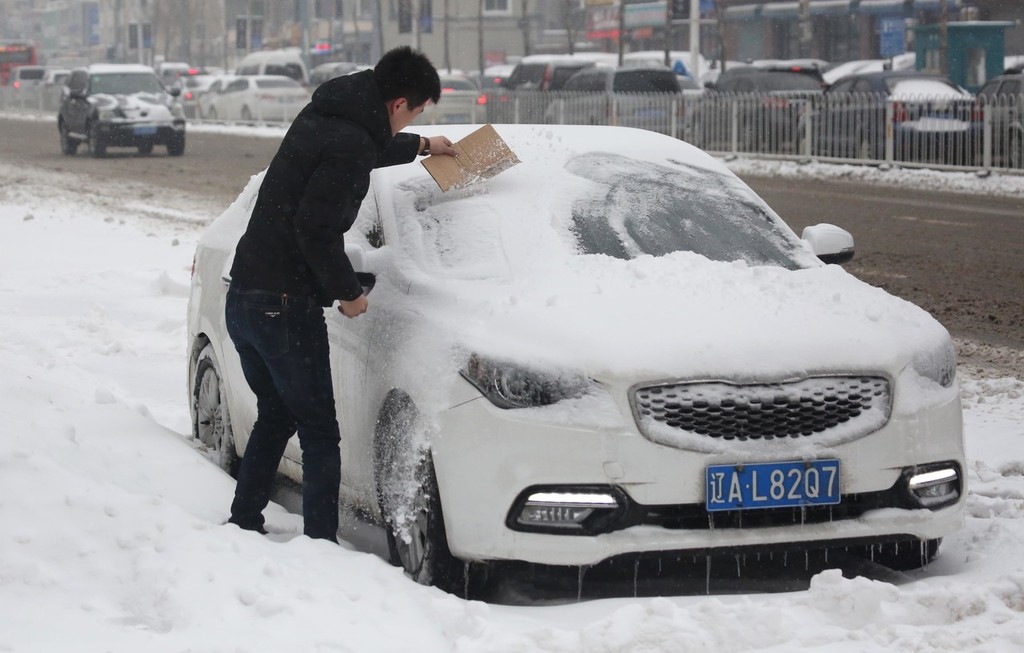A city in Northeast China wants to promote the adoption of electric vehicles (EVs), but its harsh winter is keeping that plan from coming to fruition.
Shenyang city, a provincial capital with a population of nearly 8.3 million, has reportedly “specifically” required all new ride-hailing cars to be powered by batteries rather than fossil fuels, according to Liaoning Daily. Local taxi and bus companies have also been encouraged to replace their fossil fuel vehicles with EVs.
Shenyang currently has about 6,600 new energy vehicles, among which nearly 1,800 are EVs. That’s almost negligible in a city with more than two million cars, but the city plans to boost that number to more than 20,000 by the end of 2020.
Its ambitious new energy vehicle promotion campaign is likely inspired by Shenzhen’s success of switching fossil fuel taxis to an all-electric fleet. Shenzhen now has more than 2,300 taxis powered by batteries, representing 99% of the city’s taxi fleet.
While Shenyang is keen to promote EVs by strengthening “policy guidance and market cultivation,” auto industry analysts have doubts about the plan—unforgiving weather conditions during long winters are battery killers.
China’s northeastern quarter experiences extremely cold weather, making EVs almost unusable as ride-hailing cars or taxis for several months each year, Beijing-based auto industry analyst Zhong Shi told KrASIA.
“When the temperature drops to -20 or even -30 degrees centigrade in the winter, the EVs won’t be able to start,” said Zhong. “How would people be able to use the ride-hailing cars?”
“It’s not a very viable option,” he added.
Write to Luna Lin at lunalin@kr-asia.com
